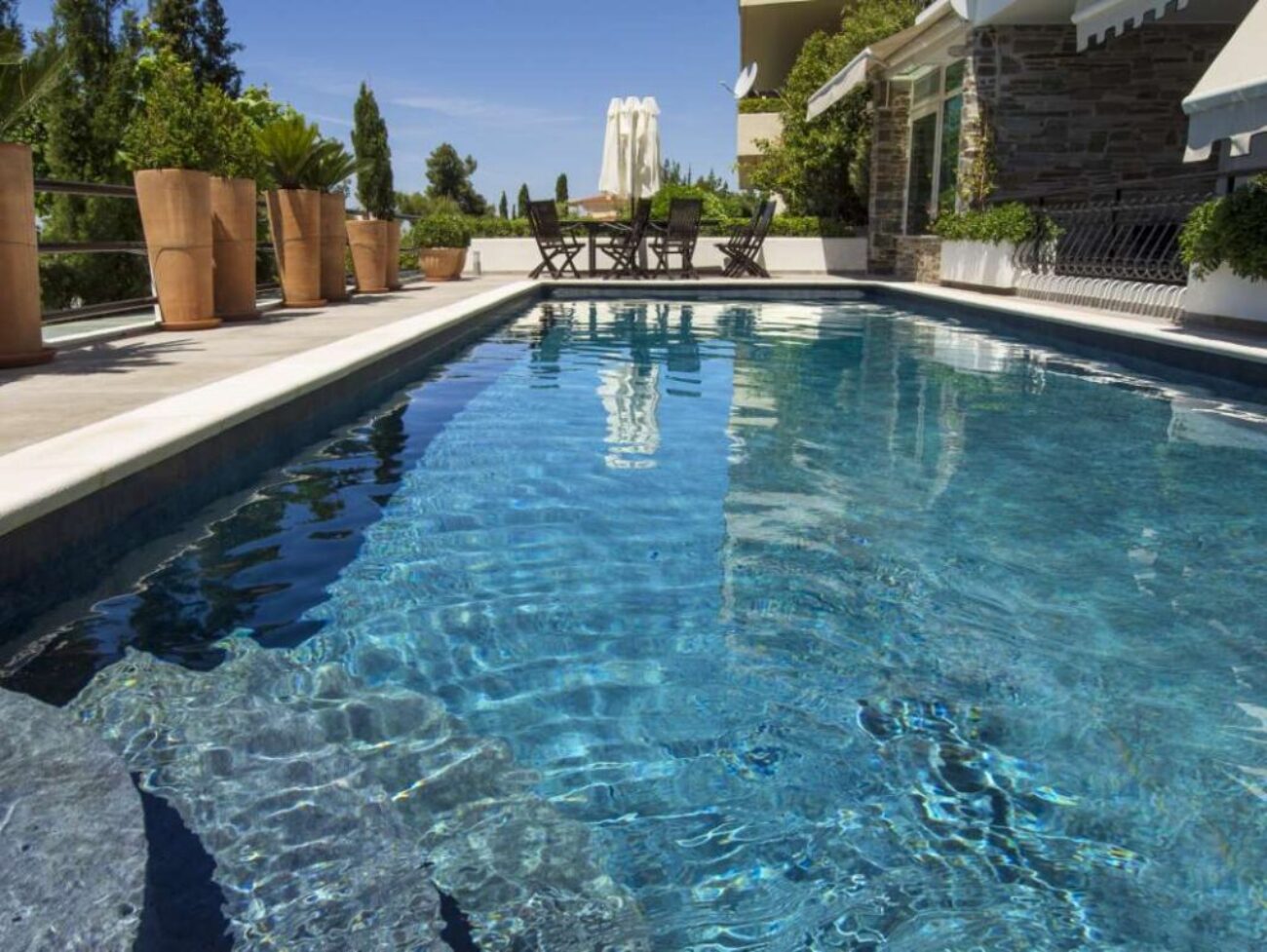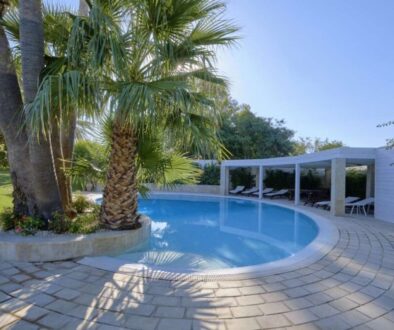How to Identify Hidden Costs in Pool Route Purchases
When considering a pool route purchase, many prospective buyers focus solely on the price of the route itself. However, hidden costs can significantly impact the overall value of this investment. In this blog post, we will explore how to identify these hidden costs and ensure that your entry into the pool service industry is both informed and financially sound. Discussing various aspects such as operational expenses, maintenance costs, and financial planning will provide you with a comprehensive understanding of what to look for before making a purchase.
Introduction
Buying a pool route can be an attractive opportunity, especially for those looking to enter the lucrative pool maintenance industry. However, it’s essential to recognize that the initial purchase price is only part of the equation. Hidden costs can erode your profit margins and affect the long-term success of your investment. This article will delve into the various hidden costs associated with pool route purchases and provide guidance on how to identify and mitigate them.
Understanding Operational Expenses
- One of the most significant hidden costs in pool route purchases is the operational expenses that come with running a pool service business. These expenses can include supplies, equipment maintenance, fuel, and labor costs. Understanding these costs is crucial for creating an accurate budget and financial forecast.
- For instance, a buyer may overlook the recurring costs of chemicals and cleaning supplies. Depending on the size of the pools serviced, these costs can add up quickly. It’s advisable to request a detailed list of the supplies used by the current owner to estimate average monthly expenses accurately. According to industry reports, pool service businesses can spend anywhere from $500 to $2,000 monthly on operational expenses alone.
- Additionally, equipment maintenance is another area where costs can escalate. Buyers should inquire about the age and condition of equipment included in the sale. An older piece of equipment might be cheap initially but could require frequent repairs or replacements within a short period, thus impacting your bottom line.
Accounting for Seasonal Fluctuations
- Pool service businesses often face seasonal fluctuations that can affect cash flow. Depending on your location, there may be periods of low demand during colder months. This is prevalent in regions with distinct seasons, such as Florida and Texas.
- Understanding how seasonal changes impact revenue is essential for effective financial planning. In many cases, pool routes may see a drop in income during the off-season, which could lead to unexpected cash flow issues if not planned for. For example, in Florida, while pool maintenance tends to be year-round, certain months may see a decrease in customer requests, leading to reduced income.
- To mitigate these risks, potential buyers should review historical data on customer retention and service demand throughout the year. This can offer insights into expected income patterns and help in budgeting for lean months. The ability to foresee these fluctuations can provide peace of mind and financial stability.
Evaluating Customer Contracts
- Another potential hidden cost is the terms of service contracts with existing customers. The details of these contracts can vary significantly, impacting the overall profitability of the route. Buyers should closely examine the contracts to understand the commitments made by the current owner.
- For instance, contracts that offer discounted rates for long-term customers may limit future pricing strategies. Additionally, some contracts might include clauses that require a specific notice period for cancellation, which could restrict your ability to make necessary changes to service agreements.
- It’s also important to assess customer satisfaction and retention rates. High turnover among clients may indicate underlying issues that could cost you time and money to resolve. Engaging with the current owner to understand the relationship with customers and their satisfaction levels can offer crucial insights before making the purchase.
Maintenance and Repair Costs
- Maintenance and repair costs can often be overlooked when evaluating a pool route’s price. Every pool requires regular upkeep, and unexpected repairs can lead to significant expenses. Understanding the age and condition of the pools included in the route is essential.
- During the due diligence process, buyers should conduct inspections of the pools and equipment. Issues such as plumbing leaks, pump failures, or aging liners can lead to costly repairs that weren’t accounted for in the purchase price. In some cases, buyers may find it beneficial to hire a professional inspector to assess the pools thoroughly.
- Additionally, understanding past maintenance records can provide insights into recurring issues. If certain pools have a history of frequent repairs, this could indicate a need for more significant investment down the line. Buyers should consider these factors when negotiating the purchase price to ensure a fair deal.
Financial Planning for Business Expansion
- As you contemplate purchasing a pool route, it’s crucial to have a solid financial plan that considers potential expansion. Many buyers overlook the costs associated with scaling their operations, which can lead to cash flow challenges.
- For example, if you plan to expand your service area or add more customers, you’ll need to budget for additional transportation costs, hiring staff, and acquiring new equipment. The ability to foresee these costs and include them in your financial planning is essential for successful growth.
- Engaging with a pool business broker can provide valuable insights into the financial aspects of pool route ownership. Brokers like Tower Business Brokers, Inc. can help you analyze market trends, operational costs, and growth potential, ensuring you make an informed decision.
Insurance and Liability Considerations
- Hidden costs can also arise from insurance and liability requirements. Pool service businesses face unique risks, and having the appropriate insurance coverage is critical to protect your investment.
- Buyers should consider various types of insurance, such as liability insurance, worker’s compensation, and vehicle insurance if you plan to use a vehicle for service operations. The costs associated with these policies can vary significantly, so it’s essential to obtain quotes and understand the coverage levels required for your specific business model.
- Additionally, some areas may have specific regulations that affect insurance requirements. Understanding these legal obligations early in the purchasing process can prevent unexpected costs and ensure compliance with local laws.
Understanding Financing Options
- When purchasing a pool route, financing options can also contain hidden costs. Many buyers may not fully understand the terms of their financing agreements, which can lead to long-term financial strain.
- Interest rates, repayment terms, and fees associated with financing can vary widely among lenders. Buyers should shop around and compare rates to find the best financing solution for their needs. Understanding the total cost of financing over time is crucial for effective budgeting.
- Moreover, some financing options may require personal guarantees or collateral, which could put your assets at risk. It’s advisable to consult with a financial advisor or an attorney before committing to any financing agreement to ensure you understand the implications.
Tips for Identifying Hidden Costs
- To effectively identify hidden costs in pool route purchases, prospective buyers should take a proactive approach. Here are some practical tips:
- Conduct Thorough Due Diligence: Prioritize detailed inspections of the pools, equipment, and customer contracts. The more information you gather, the better prepared you’ll be to assess potential risks.
- Request Financial Documentation: Review the seller’s financial records, including revenue and expense statements, to gain insights into the route’s profitability. Look for trends and anomalies that could indicate hidden costs.
- Engage with Industry Experts: Consult with brokers, financial advisors, or attorneys who specialize in pool service businesses. Their expertise can help you navigate potential pitfalls and uncover hidden expenses.
- Factor in Your Business Goals: Consider how your long-term business goals may impact costs. If you’re planning to expand or diversify your services, ensure that your financial planning accounts for these future investments.
Conclusion
In conclusion, identifying hidden costs in pool route purchases is a critical step in ensuring a successful transition into the pool service industry. By understanding operational expenses, evaluating customer contracts, and considering factors such as maintenance costs and insurance requirements, buyers can make informed decisions that contribute to long-term profitability. Engaging with a reputable pool business broker like Tower Business Brokers, Inc. can further enhance your understanding of the market and help you navigate the purchasing process. As you embark on your journey into pool route ownership, being aware of these hidden costs will empower you to build a sustainable and successful business. Don’t hesitate to reach out for expert guidance and explore the available pool routes for sale today!



